Back
SHIV DIXIT
CHAIRMAN - BITEX IND... • 1y
📖 DAILY BOOK SUMMARIES 📖 🔗 DIRECT FREE E-BOOK DOWNLOAD LINK AVAILABLE — https://drive.google.com/file/d/1XfKdfD08D2OyWmLk5y3L1TvZ_hTLrBtI/view?usp=drivesdk 🔥 Thinking Strategically 🔥 🚀 20 Lessons By 👉 ✨ Avinash K. Dixit and Barry J. Nalebuff ✨ 1. Game Theory as a Tool for Strategy: Understanding competitive interactions and strategic decision-making through game theory concepts. 2. Anticipating Competitors’ Moves: Thinking one step ahead to predict how others might respond to your actions and adapting accordingly. 3. Commitment Strategies: Taking actions that credibly commit you to a certain path, influencing how others behave. 4. Signaling Intentions: Sending signals to influence others' decisions, such as showing strength or willingness to cooperate. 5. The Importance of Credibility: Ensuring promises or threats are believable; if credibility is lacking, strategies fail. 6. The Prisoner's Dilemma and Cooperation: Recognizing scenarios where cooperation yields better outcomes than individual action but is difficult to maintain without trust. 7. Deterrence and Retaliation: Using potential consequences as leverage to deter opponents from making certain moves. 8. Brinkmanship: Pushing a situation to the edge without going over to pressure opponents into concessions. 9. Sequential and Simultaneous Games: Differentiating between strategies when moves are made one after another versus all at once. 10. Zero-Sum vs. Non-Zero-Sum Games: Understanding that some games have a clear winner and loser (zero-sum), while others can benefit all players (non-zero-sum). 11. Dominant Strategies: Identifying strategies that are best regardless of what opponents do, simplifying decision-making. 12. Backward Induction: Analyzing games by starting from the end and reasoning backward to make optimal initial decisions. 13. Mixed Strategies: Using a combination of actions with certain probabilities to keep opponents uncertain and off-balance. 14. First-Mover Advantage: Recognizing when acting first gives a strategic edge, such as setting industry standards or preempting competitors. 15. Second-Mover Advantage: Understanding when it’s better to wait and react to an opponent’s move, allowing for improved responses or strategies. 16. Commitment to Irrevocable Actions: Strengthening strategic positioning by making irreversible commitments that influence others’ behavior. 17. Bargaining and Negotiation: Employing strategies that maximize leverage in negotiations and improve outcomes through anticipation and strategic concessions. 18. Strategic Substitutes and Complements: Knowing when competing strategies weaken (substitutes) or strengthen (complements) each other’s positions in a game. 19. The Role of Reputation: Building a strong reputation to influence future interactions and create strategic advantages over time.
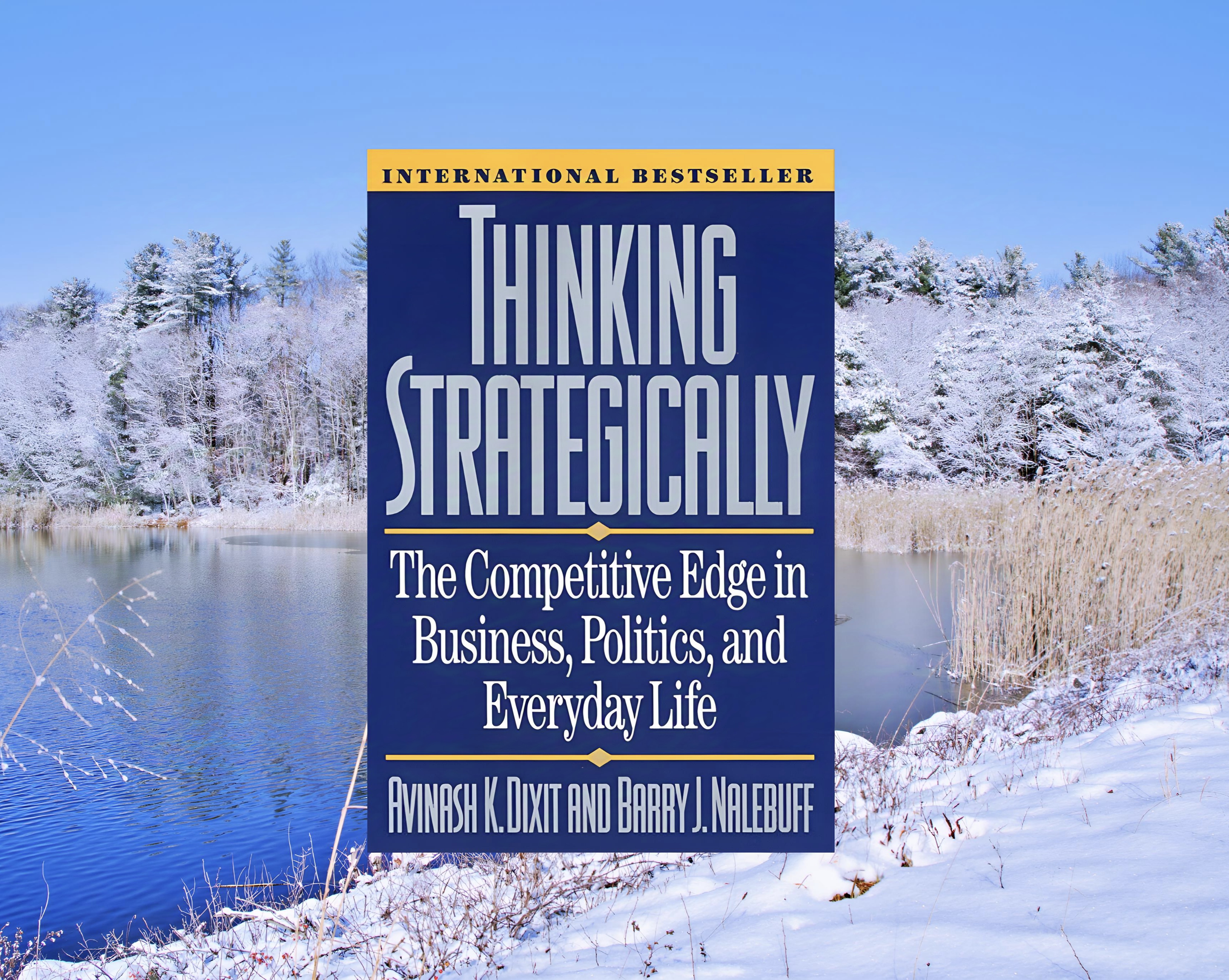
Replies (1)
More like this
Recommendations from Medial
Vivek Joshi
Director & CEO @ Exc... • 8m
Unlock a new paradigm in business strategy with "Beyond Zero-Sum: Unlocking Strategic Advantage with CEI"! In this video, we challenge the outdated zero-sum mentality and introduce Collaborative Ecosystemic Innovation (CEI) as the future of strategic
See MoreAI Engineer
AI Deep Explorer | f... • 11m
A (Long) Peek into Reinforcement Learning How do AI agents master games like Go, control robots, or optimize trading strategies? The answer lies in Reinforcement Learning (RL)—where agents learn by interacting with environments to maximize rewards.
See More
Duno Games
Play Free Online Gam... • 11m
Snake Io is an exciting multiplayer snake game where you compete with players worldwide to become the longest snake. Inspired by the classic Snake game, Snake Io features smooth controls, fast-paced gameplay, and real-time battles. Eat glowing orbs t
See More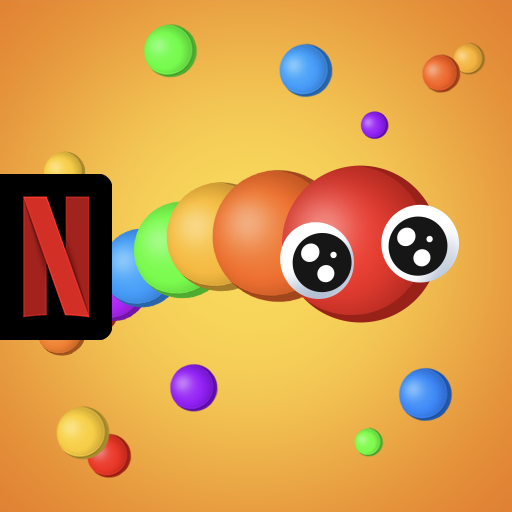
Yash Barnwal
Gareeb Investor • 1y
Over the years, Google's parent company, Alphabet, has expanded its portfolio through key acquisitions, boosting its annual revenue to $328 billion in 2023. From YouTube and Android to Fitbit and Mandiant, these strategic moves have shaped the tech g
See More
Download the medial app to read full posts, comements and news.




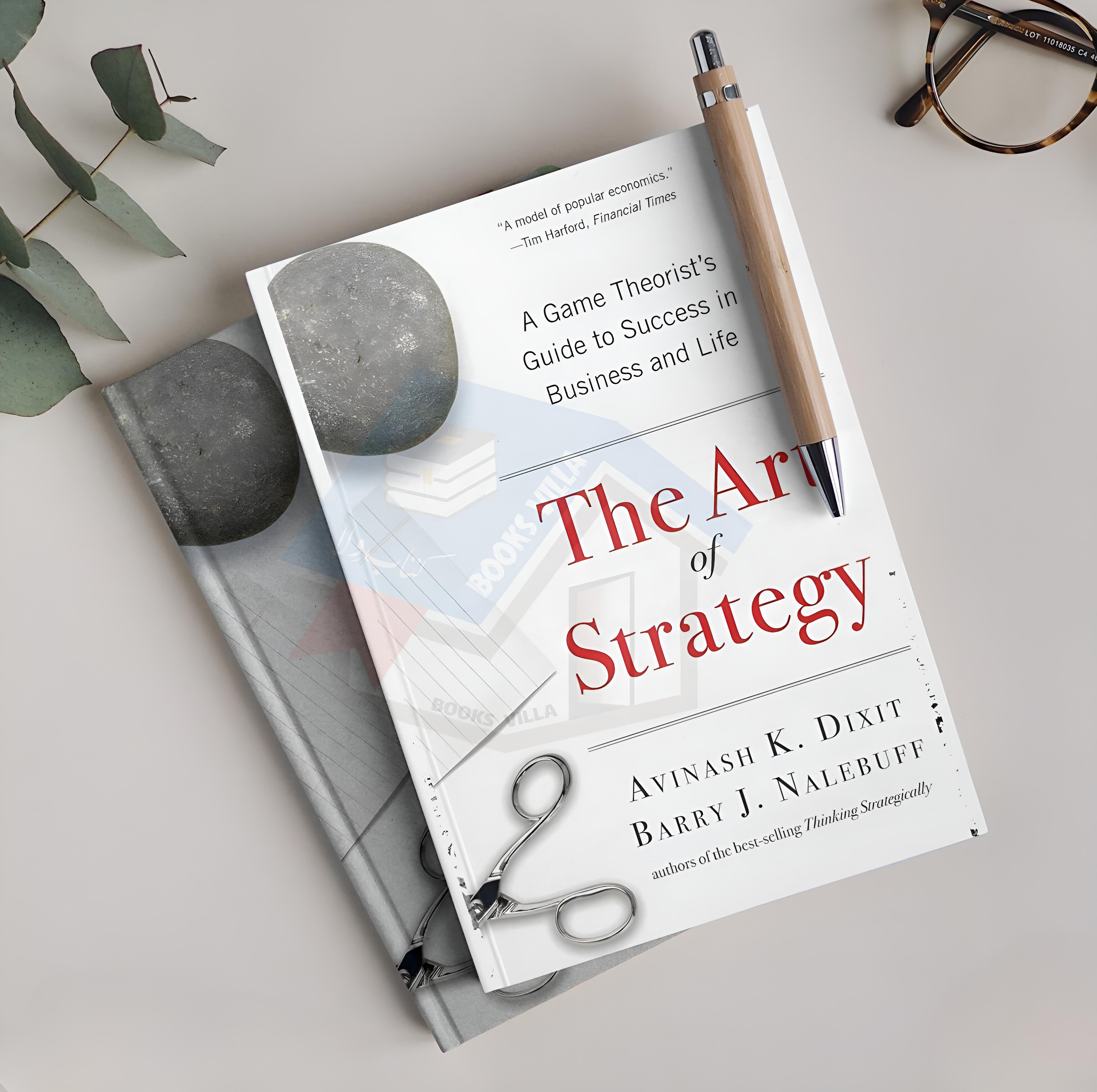






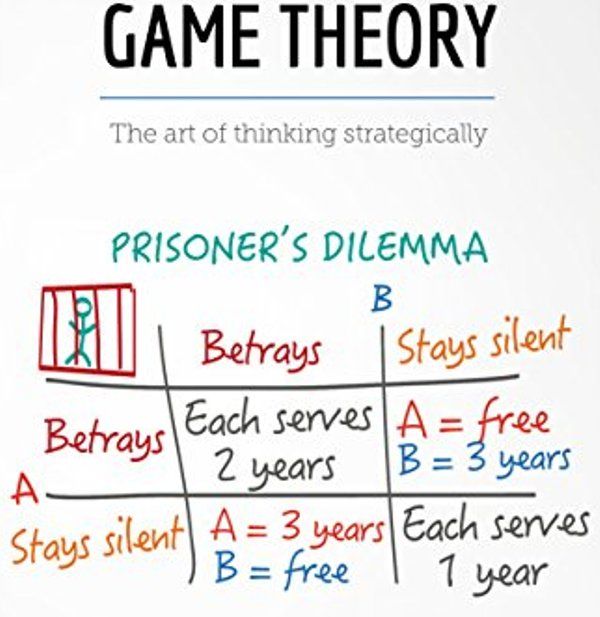

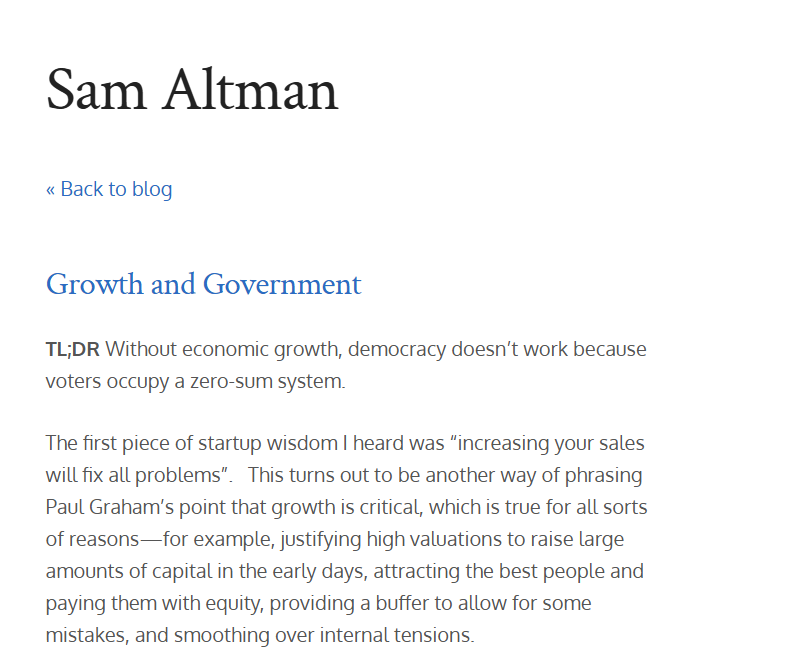



/entrackr/media/post_attachments/wp-content/uploads/2021/08/Accel-1.jpg)



















